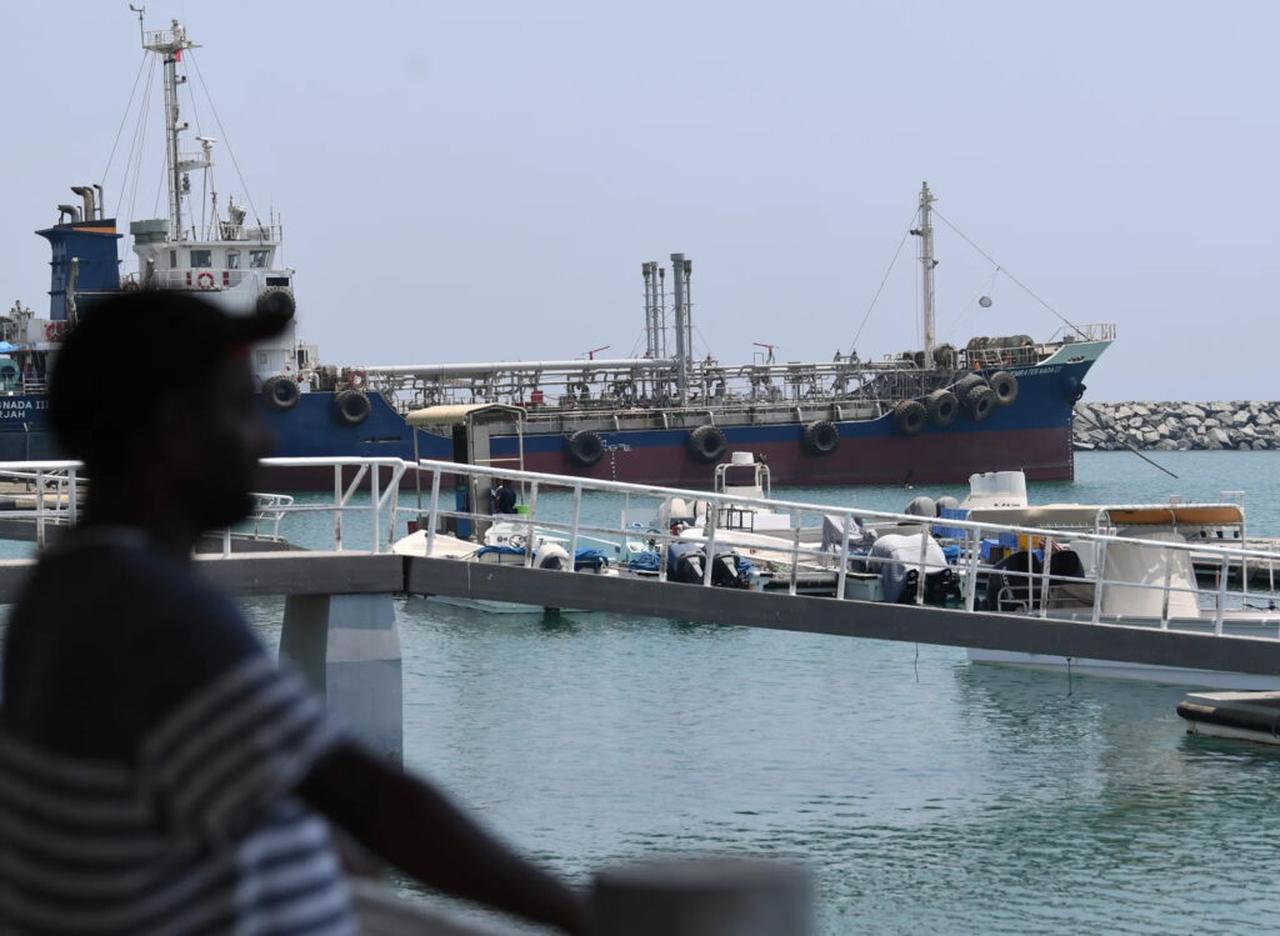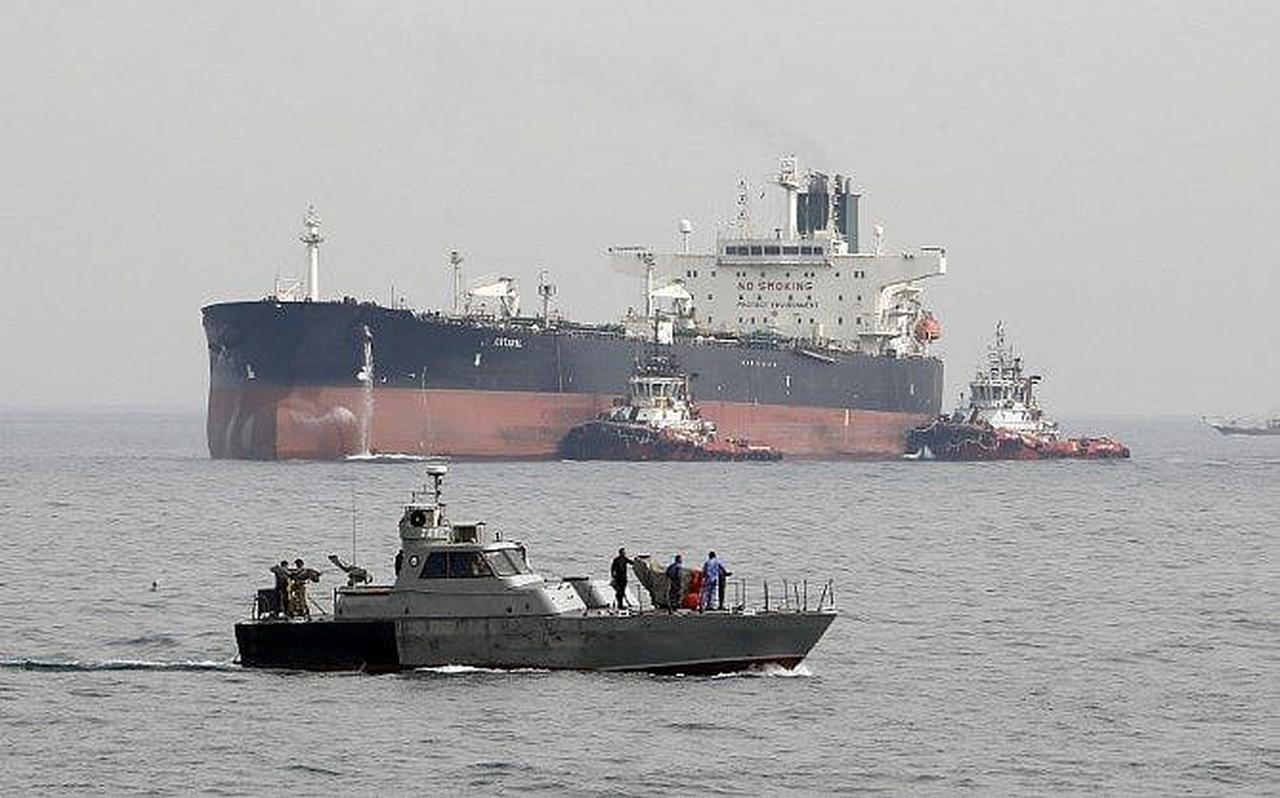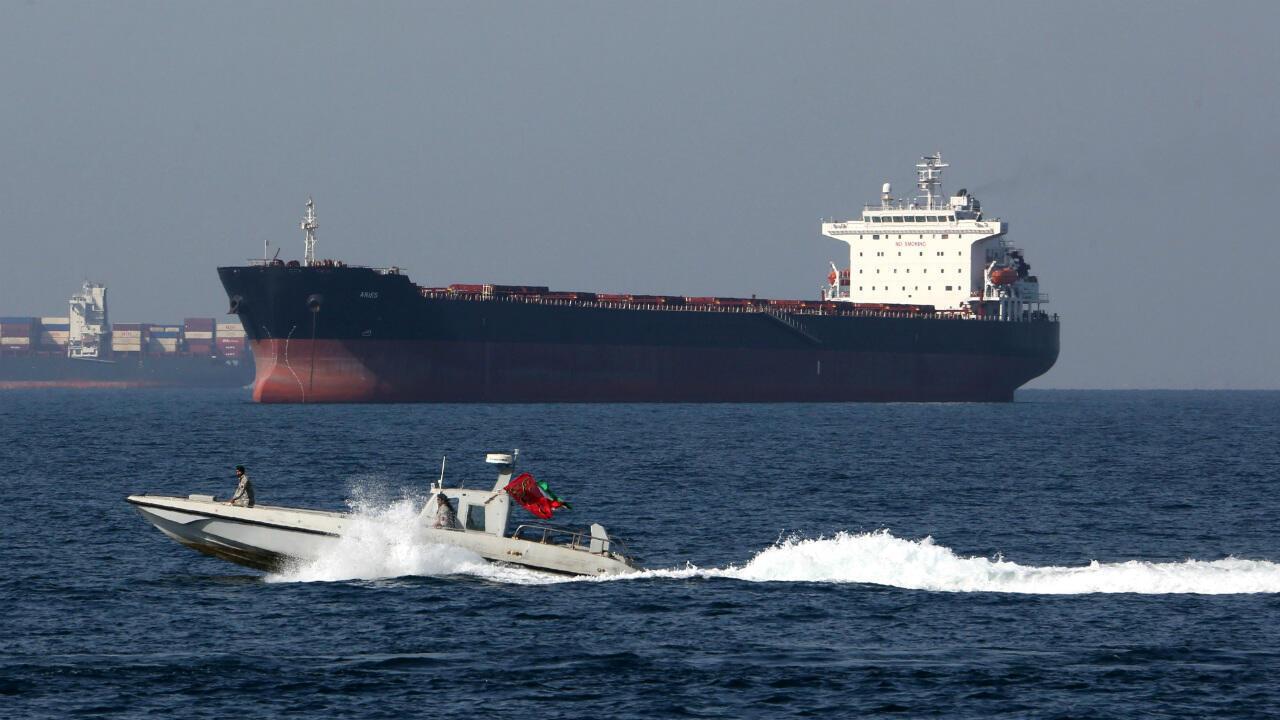
Transport and Infrastructure Minister Abdulkadir Uraloglu stated that they have made a new decision to ensure the safety of Turkish-flagged ships in light of current developments in the region following Israel's attacks on Iran.
Providing information about the decision, Uraloglu said, "We have raised the security level of Turkish-flagged ships that will call at Iranian ports and sail in the Strait of Hormuz to the highest level. We have raised the security level to 3 under the International Ship and Port Facility Security Code (ISPS) so that ships can be prepared against security threats."
Uraloglu pointed out that under the decision implemented as of June 17, the security level was raised to the highest level to enable Turkish-flagged ships to be prepared against possible security threats, to take necessary measures during their time in port, and to ensure early warning of these ships.

Referring to the measures to be implemented on ships under security level 3, Minister Uraloglu stated: "Security measures will be implemented at the highest level by the ship in cooperation with the port facility within the scope of the ship security plan. Loading and unloading operations on the ship may be temporarily suspended.
Additionally, during the delivery of materials, provisions and similar items to the ship, materials will be searched more comprehensively, and their procurement may be limited or postponed. When necessary, the acceptance of materials to the ship may be completely rejected."
Uraloglu also emphasized that for ship access, operations could include limiting entry to a single controlled entry point, allowing entry only to those authorized by competent authorities, directing personnel on the ship, and temporarily stopping entry and exit to the ship.

Stating that the ship captain can increase security measures related to restricted areas on the ship, Uraloglu used the following expressions: "Within this framework, additional restricted areas close to security incidents or assumed security threats where access is prohibited may be designated on the ship, searching of restricted areas may be ensured, and access to the entire ship may be limited."
"Security measures to be taken around the ship also include electronic and physical measures. For the control of ship security, it is necessary to illuminate the ship's surroundings by turning on all lights and to keep all surveillance equipment that records the activities on and around the ship operational," he noted.
The recording duration of this surveillance equipment will also be kept at the maximum level," he added.
Under the maximum security level implementation:
Loading and unloading operations:
Access control:
Restricted areas:
Electronic security:
The new security measures reflect Türkiye's commitment to protecting its maritime assets amid heightened regional tensions following the escalation of the Israel-Iran conflict.